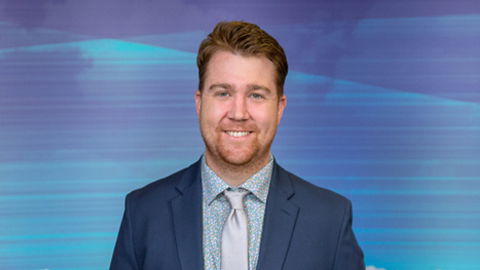OSU experts: Lack of personnel among challenges in Oregon’s vaccine rollout
BEND, Ore. (KTVZ) -- Oregon State University hosted an expert panel Tuesday to address various aspects of Oregon's COVID-19 vaccine rollout, which like much of the nation (and world) has been slower than hoped.
The discussion began with a discussion of how long the vaccine positive effects are expected to last.
"We'll have to really wait for the data to come in, and really say (if) we'll have to have it (again) next year," OSU professor Gaurav Sahay said, but the outlook is good.
"What we are seeing with the data that is there is that the antibody levels are still high after couple of months, once these are injected." Sahay said. "So it looks like a positive sign. We'll have to wait and see how long they last."
Many concerns have been raised about the slow speed in which the vaccine is being distributed, with questions on why it can't be done faster.
OSU professor Jospeh Agor said the main challenge is limited personnel.
"You know, we need a licensed pharmacist --you need a certain license to administer vaccines on any level" Agor said.
He said adding to the issue is that those medical personnel have other duties, as well.
"This causes a challenge because, of the people that have to administer the vaccine, they also have to care for their other patients that they're administering their regular medication towards," Agor said.
As for stockpiling doses of the vaccine, Sahay explained that the technology is new, unlike other vaccines of the past, which we know how to mass produce.
"If there was traditional vaccines, which we knew how to makes billions of it, as they come and show some progress in a couple of
months or so," he said. "J&J's (Johnson & Johnson's) vaccine, for example -- if that works , you can ramp it up for billions of people."
Another challenge the state is dealing with is those who have concerns with taking the vaccine, including some in the health care system.
Beth Marino with OSU-Cascades has been focused on the issue.
"What we're working on now really is having focus groups and going into communities and talking with people about what they're concerns are about the vaccines as well," she said. "And then trying to think about how we can have discourses across the publics, where we acknowledge these concerns and then address them."
